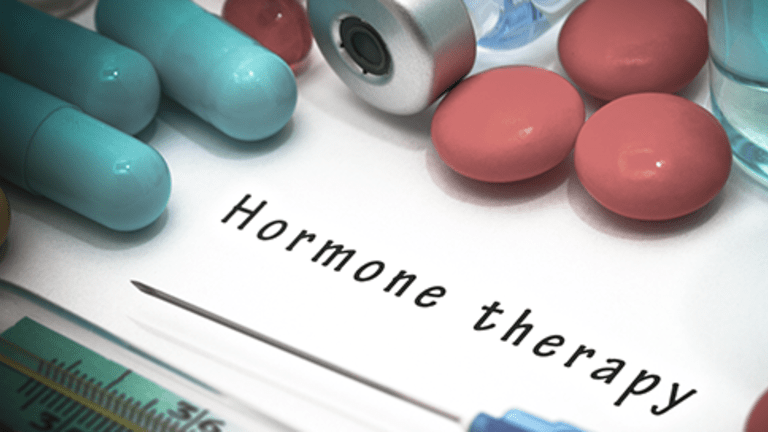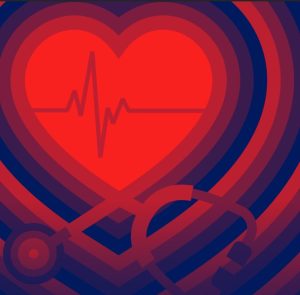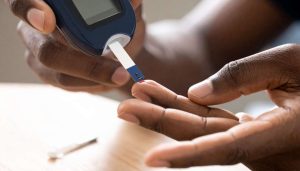Hormonal therapy, an easily available form of treatment and consumed as a tablet, blocks these receptors or stops hormone production to curb cancer growth, reducing the risk of recurrence or metastasis…reports Asian Lite News
Hormone therapy can be an effective treatment against some breast cancers that are affected by hormones, like oestrogen and progesterone, said health experts on Friday.
Hormone therapy is different from hormone replacement therapy which can worsen breast cancer.
Though not all, some breast cancer tumours express hormone receptors, making them sensitive to hormones, and are termed hormone-sensitive breast cancers. When these receptors bind to oestrogen and progesterone, it promotes tumour growth.
Hormonal therapy, an easily available form of treatment and consumed as a tablet, blocks these receptors or stops hormone production to curb cancer growth, reducing the risk of recurrence or metastasis.
“While it is called hormonal therapy it is actually ‘anti-hormone’, aimed at reducing the level of oestrogen levels in the body, thereby preventing its action on tumour cells within the body,” Dr. Geeta Kadayaprath, Senior Consultant, Breast Surgery, Apollo Cancer Centres, New Delhi, told.
“Hormonal treatment is a very effective form of treatment against hormone-sensitive tumours. In premenopausal women, the option is to use tamoxifen, which prevents the oestrogen hormone from binding to the tumour cells whereas, in postmenopausal women, the preferred option is aromatase inhibitors which prevent the production of the hormone in the periphery, meaning fat, which is also a source of hormones,” the doctor explained.
The role of hormone therapy varies from preventive therapy in stage I-III to palliative therapy in stage IV.
“While it may not achieve a cure by itself, it plays an important and indispensable role in the treatment of hormone receptor-positive breast cancer,” Dr Tasneem Bharmal Associate Consultant, Medical Oncology Punyashlok Ahilyadevi Holkar Head and Neck Cancer Institute of India, Mumbai, told.
Who can opt for it?
Dr. Geeta said in older women, with early-stage hormone-sensitive disease, hormonal treatment alone may be used as an adjuvant form of treatment with results equivalent to those who receive chemotherapy.
“It is also minus the side effects of chemotherapy though. However, tamoxifen is known to increase the coagulability of blood and increase uterine thickness, rarely leading to uterine cancer. In older women, aromatase inhibitors may be associated with bone pains, muscle pains, and sometimes, increased fracture risk,” she said.
Dr Tasneem noted that hormone therapies are widely available in India, “with costs ranging from Rs 200/month to Rs 10,000/month, depending on the prescribed hormone agent”.
Potential side effects include hot flashes, osteoporosis, arthralgia, mood swings, and an increased risk of blood clots.
The health experts advocated for regular self-awareness, breast self-examination, and early presentation for treatment which are key for optimal outcomes.







